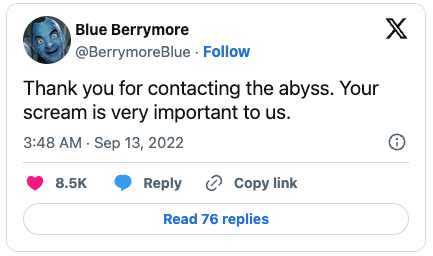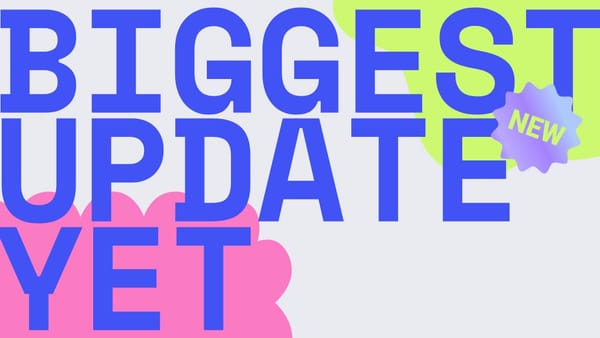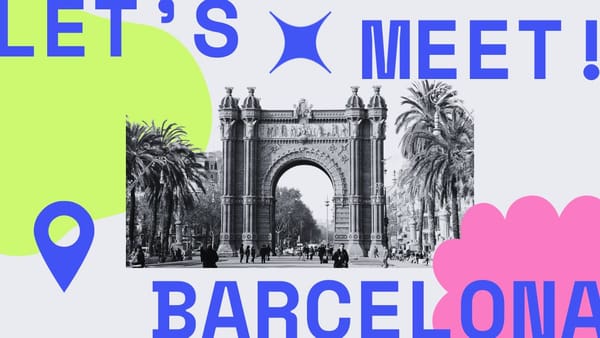✨ Insightful Content And People Building A Better Future
Discover fascinating people and content in this week’s edition of our community-curated newsletter.
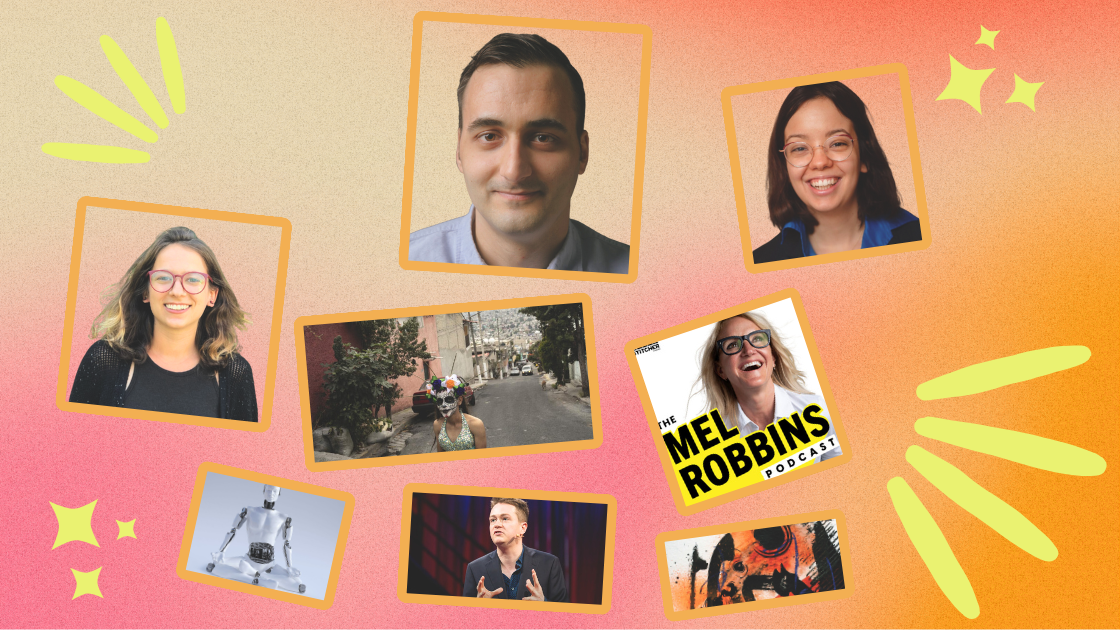
We're a nonprofit startup trying to create a healthy digital public space by crowd-curating the most insightful content online. To do that, we ask everyone around the globe to send in links to insightful articles, podcasts, and videos. 🌍✨
Our team member Amelia has shared this article:

🖤 "The stories of how these trans activists celebrate and remember their loved ones on Dia de los Muertos deserves to be widely shared." —Amelia, USA 🇺🇸
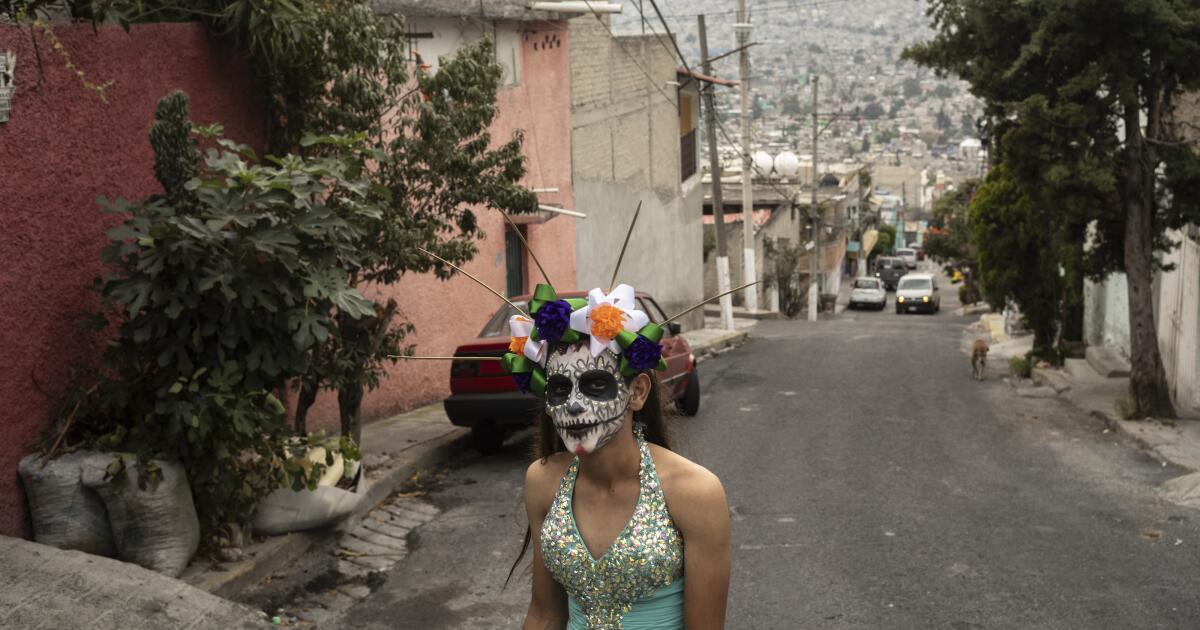
New members (+8) 🎊
This week, we welcome Jay, Saphir, Manuel, John, Sara, and other new members to the mailing list. 🙌
Tell your friends to join Sparkable so we can find awesome people and content together!
Table of content
✨ Sparks from the Community ✨
We're trying to find the most insightful and peaceful content on the internet. Below, you'll find some of the links submitted by people worldwide. 🌎 You can see all submissions here.
🧠 "Learning about the elements of value can be a game-changer for founders and entrepreneurs!" —Júli, 20, Finland 🇫🇮

💪 "[Helps in] learning how to leverage ChatGPT for increased productivity." —Lusine Petrosyan
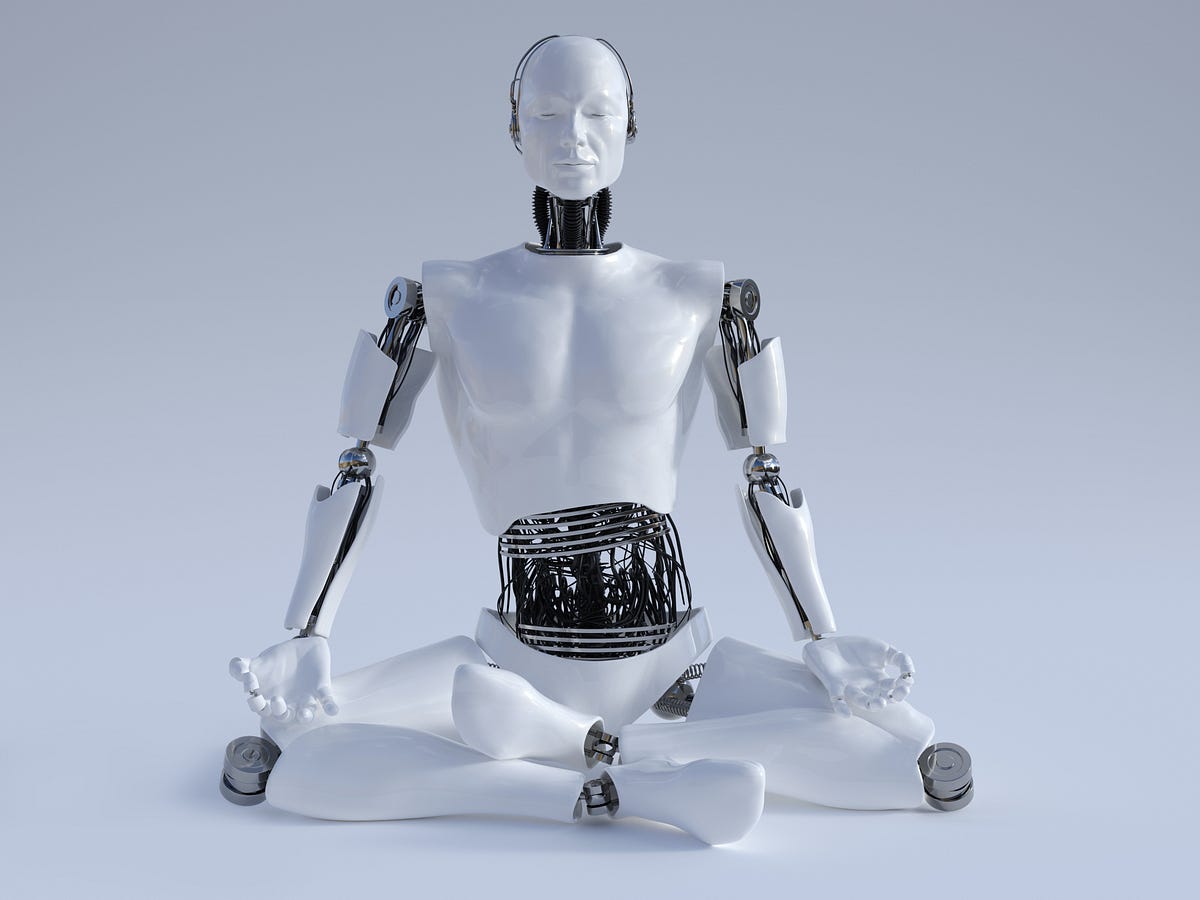
🤔 "This podcast pushed me out of my comfort zone because it aims to bridge spirituality and science, something I usually view as rather mutually exclusive." —Dominique, 25, Switzerland 🇨🇭

🖤 "This is such a compassionate and insightful talk. It greatly enhanced my view on addiction." —Unknown

Your turn! 📢
🔗 Submit a link!Community Spotlight 🌟
In each edition, we highlight a Sparkable community member working on a better future.
John Fallot
User experience & graphic designer and Co-Founder of the Prosocial Design Network.
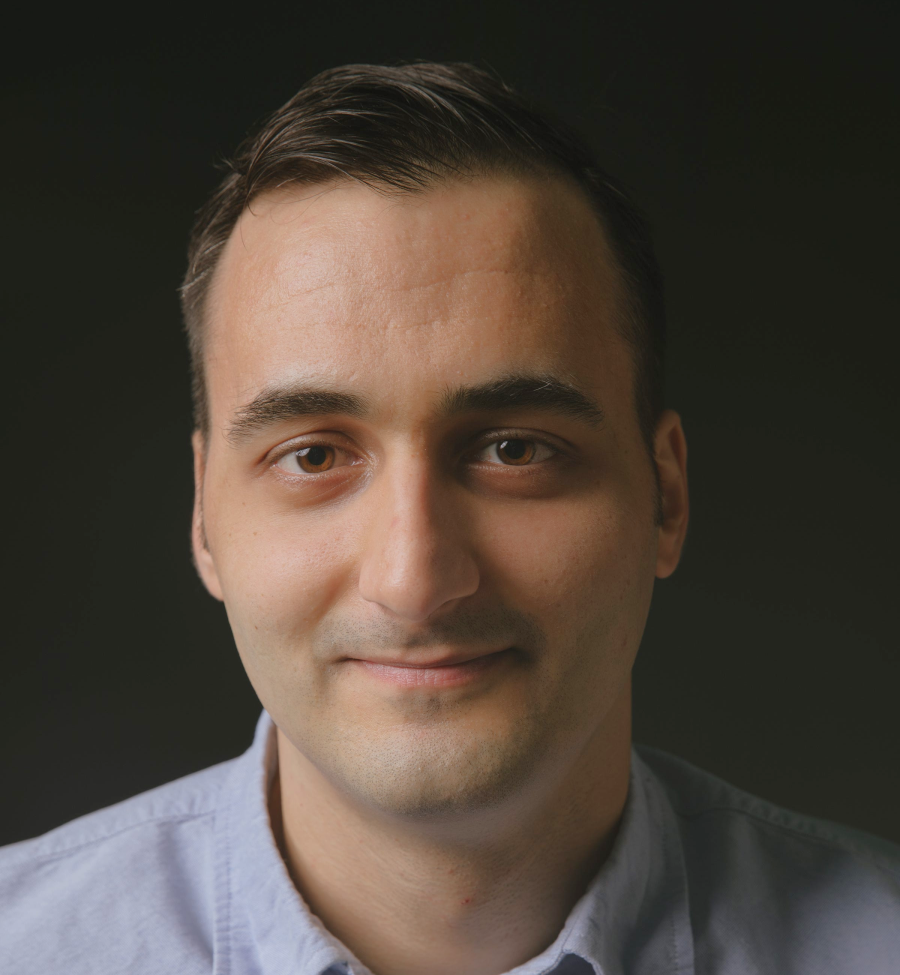
John Fallot is a user experience and graphic designer based in New York. 🇺🇸 He co-founded the Prosocial Design Network in 2019 to promote evidence-based design practices that bring out the best in human nature online.
What does the Prosocial Design Network do?
In a nutshell, we look into how to design social media to be less of a dumpster fire. We connect design technologists with academics in behavioral science and trust & safety. And we curate interventions in our library.
What are some of the key principles that underpin prosocial design?
We’re still working on— and might still be a ways from — identifying and vouching for a broader set of generalizable patterns across interventions. That said, we recently started using New Public’s Civic Signals Framework to help contextualize where interventions align in promoting civic health.
What is the most important lesson you've learned so far?
Co-founders are everything, and you want to compliment each other.
I often joke that my co-founder, Joel Putnam, and I are like two parts of a nuclear reactor: he’s the control rod, and I’m the fuel. If it were just me starting it, there’d have been an explosion of creativity and content generation followed by static. But with his editorial approach?
We’ve created a repository of over 30 interventions with a growing roster of engaged behavioral scientists and technologists.
We have only gotten where we are now because of that initial dynamic.
Read the full interview
Discover John's insights on work-life balance and which historical figure he'd like to meet. Plus, read about the person who changed his life! 💫
Contact John
John's LinkedIn ↗ | John's Threads ↗
See more featured community members
Meet other fascinating folks in responsible tech, digital rights, and peacebuilding, and get their valuable insights:
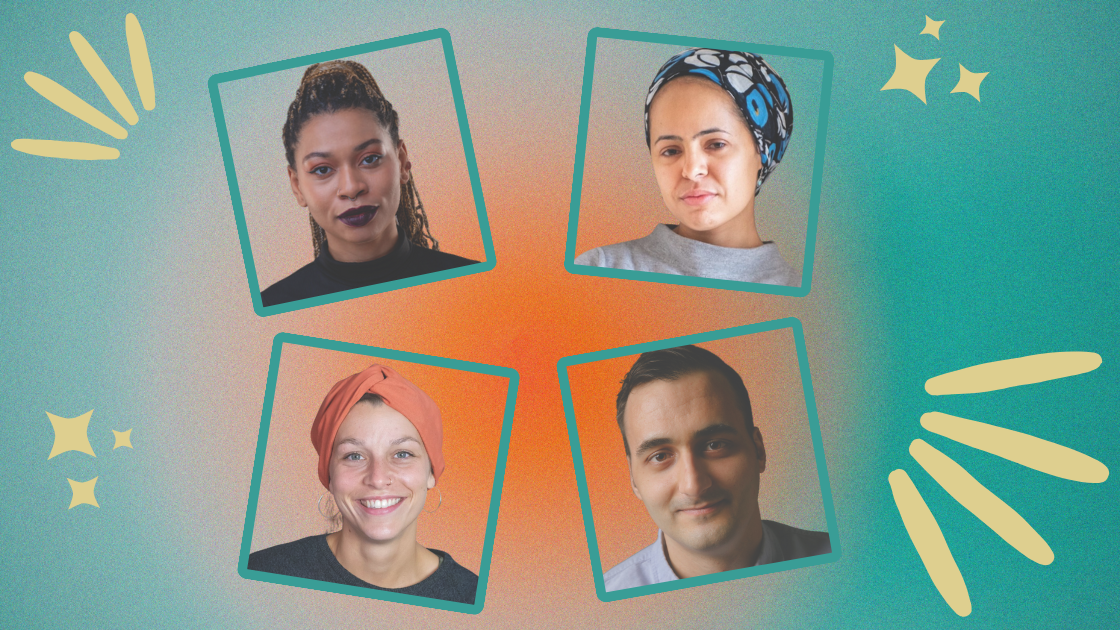
Aha moment 💡
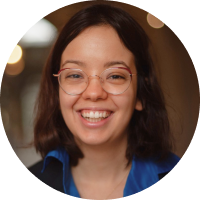
A profound realization in life occurred when I grasped that two contradictory notions can coexist and, even more so, hold veracity. This epiphany emerged as I contemplated my disability and its impact on my interactions with the world surrounding me.
“Ableism and other challenges associated with disabilities are undeniable aspects of existence. The mindset with which we meet such hurdles is not necessarily easy to adopt. This is because the path to a conclusive stance is riddled with contradictions”.
Let’s make an example:
If one assumes an individual scope of action, it becomes clear that one can become and be a victim (of Ableism, for example) without being victimized. But, if we believe in the concept of causal responsibility, victimization can never be the victim's fault; therefore, the implications of victimization are not their responsibility.
This may seem like an unsolvable paradox, but it simply expresses a complex universe where contradictory truths exist. Recognizing life's complexity also leads to the understanding that definitive answers are rare. If there are only a few universal answers, people cannot simply take agency for others.
Consequently, each person must take responsibility for themselves, regardless of circumstances. Herein lies another contradiction: For people to take responsibility, society must support them on a systemic level. For that systemic change, representatives of the latter must take over agency all too often. Yet, this assertion contradicts our fundamental notion of freedom, and the question of how to face our existence remains.
Your turn! 📢
💡 Share your insight!A little laugh to top it off 😄
This post was selected by @vardon.world
